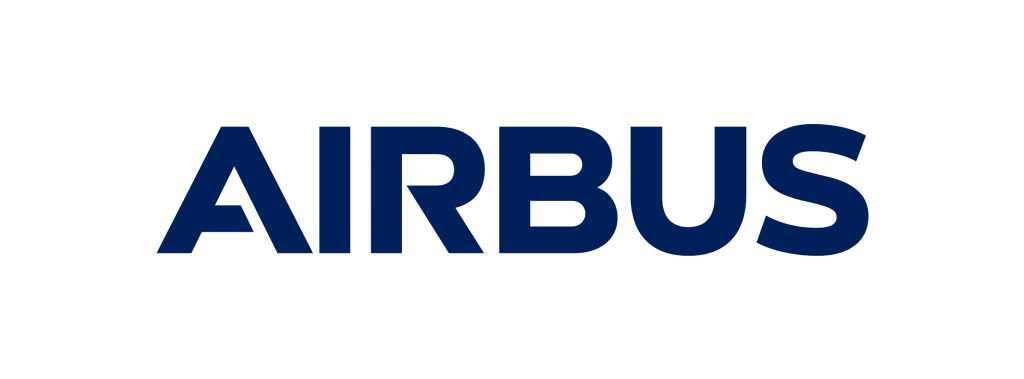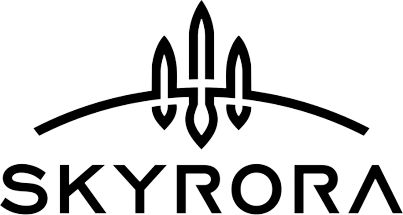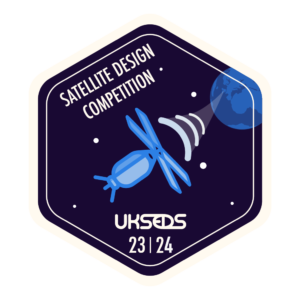
Registration for the 23/24 competition is now closed!
UKSEDS in partnership with Space and Satellites Professionals International (SSPI) presents the Satellite Design Competition (SDC). The competition invites students to design, construct and operate a nanosatellite payload system. Students create a payload concept, trade off performance parameters and pass through a rigorous review process with panels of experts within the space industry. The competition aims to reach out to students from multiple STEM fields, including, but not limited to, physicists, engineers and computer scientists.The competition aims to:
- Challenge students to perform a complex, systems engineering task of the development of a payload to a set of real space mission requirements following ECSS standards
- Gain exposure and experience of the typical design processes and protocols in industry projects, including multiple project reviews
- Enable students to apply taught technical skills and learn new ones relevant to a job in the space industry in an applicable project environment
- Provide students with an opportunity to develop and practice other important and transferable skills, such as teamwork, leadership and project management
Who can participate?
The competition is open to all UKSEDS members. If you are not already a member, sign up for free membership today. This includes students (Bachelors to PhD), and we also support graduate teams (as long as team members have graduated within the last 3 years). Team sizes are limited to 15 but there is no lower team limit. There is no entry fee associated with this competition.
How many team members can we have?
There is an upper team limit of 15 people, but there is no specified lower team limit.
Preliminary Design Review Submission Point
Critical Design Review Submission Point
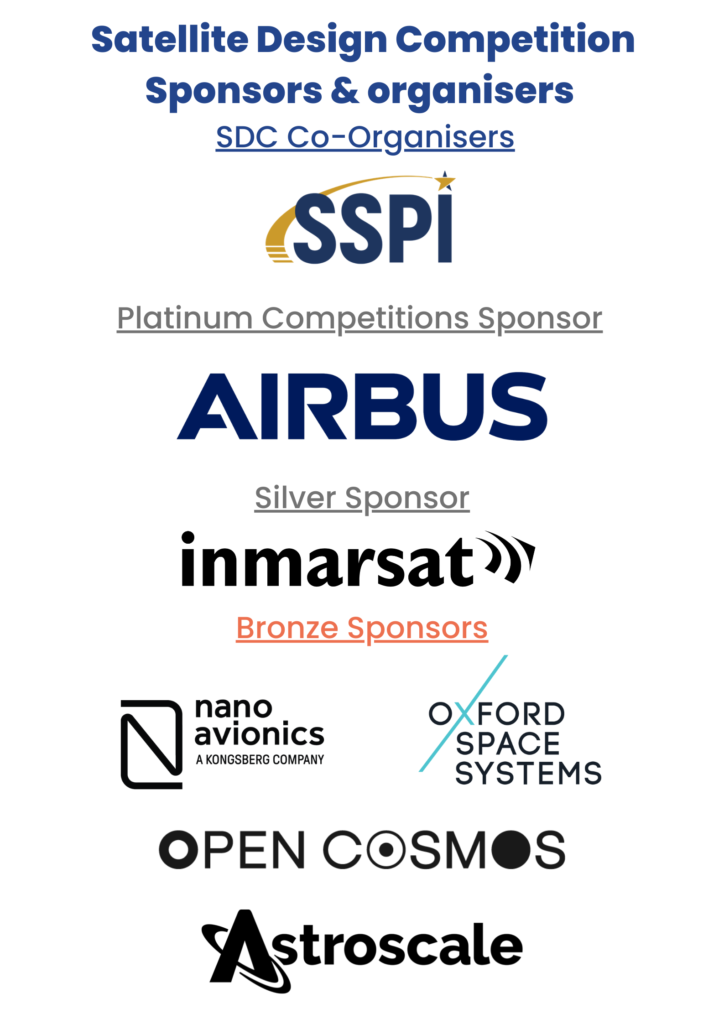
Competition Overview
Rules and Requirements
Previous Year's Teams
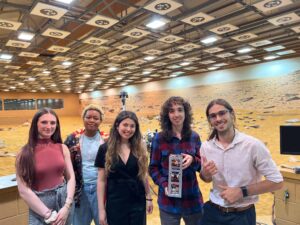
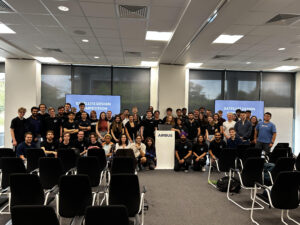
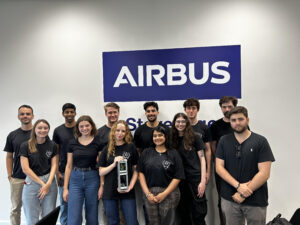
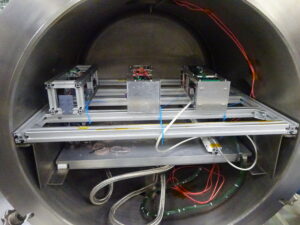
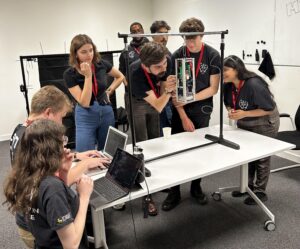
Past Competitions
Proud corporate partners with
